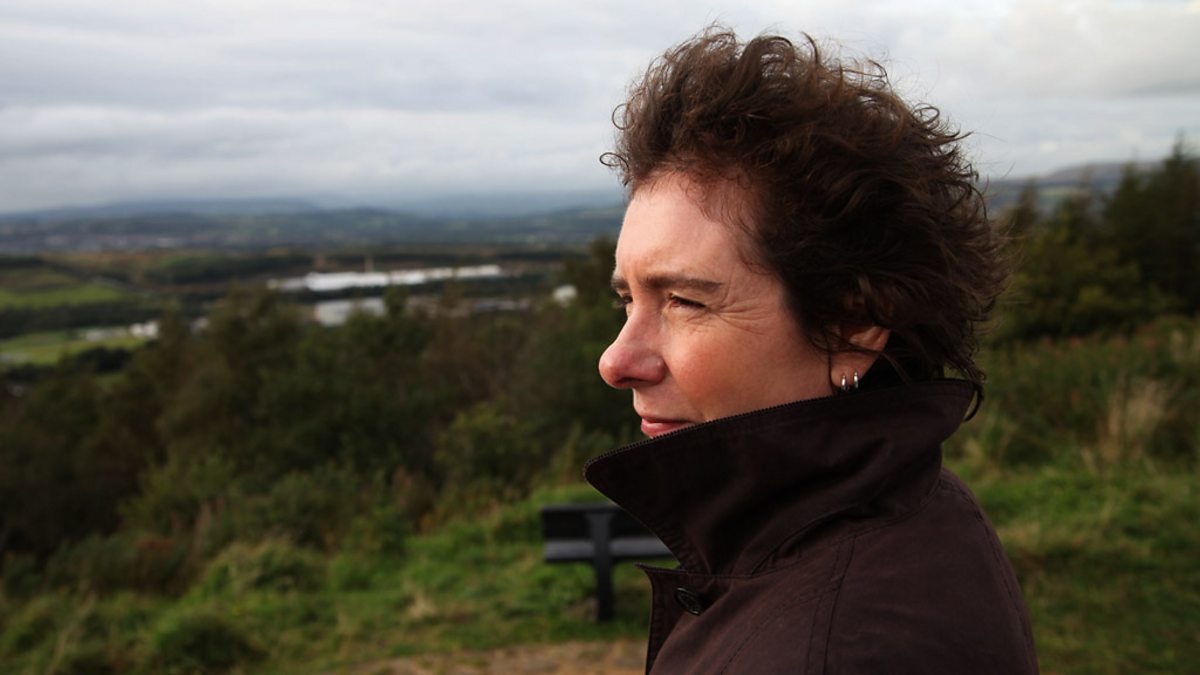Maybe, given RT's non-highlighting of its graveyard slot, one shouldn't be surprised that no one has started a thread on last night's excellent programme, in which, interviewed by, for a change, an intelligently sympathetic rather than fawning Alan Yentob, Jeanette Winterson took us back to her Lancashire mill town upbringing to talk about the monster of a mother portrayed in Oranges Are Not the Only Fruit, re-telling how books, Oxford University and above all her own tenacity had been her rescue, as well as how the breakdown she had suffered only four years ago had made her face up to unacknowledged factors in her makeup hidden by youthful intellectual curiosity, a need to create her own self-testimony, and a native zest for life, so that she has come to see herself as in some way a mirror image of her otherwise ostensibly-natured opposite adoptive mother.
The programme started, and was interspersed, with Jeanette speaking with power and humour, without notes, to the audience at the presentation in Paris of the award for her recent memoir Why Be Happy When You Could Be Normal? We were taken back to Accrington, to the front doorstep to which as a child she was banished for whole nights for inadvertent transgressions of the slightest detail conflicting with her adoptive mother's domineering beliefs, joined her in a near-version of the Mini in which she spent two months after being thrown out of her home, following the family and church's discovery of her lesbianism, and in Accrington Library, where she found liberation in literature, and art gallery; visited her room at Oxford where she recalled out of habit hiding books under the pillow whenever anyone knocked on the door, and at the end of the programe were taken for the first time to Mrs Winterson's grave.
There were some lovely touches: "Books took me away from that world, but then my mother took the books away"; Jeanette and Alan looking pensively at the naked statue of Aphrodite in an art gallery before she suggests he cover up the figure with his jacket; her taking flowers from a nearby grave to place on her mother's - a caption in the closing credits stated that they had been returned to their rightful place!
A fine tribute to a wonderful woman, and to the human capacity for resilience in the face of the most unpropitious of starts in life.





The programme started, and was interspersed, with Jeanette speaking with power and humour, without notes, to the audience at the presentation in Paris of the award for her recent memoir Why Be Happy When You Could Be Normal? We were taken back to Accrington, to the front doorstep to which as a child she was banished for whole nights for inadvertent transgressions of the slightest detail conflicting with her adoptive mother's domineering beliefs, joined her in a near-version of the Mini in which she spent two months after being thrown out of her home, following the family and church's discovery of her lesbianism, and in Accrington Library, where she found liberation in literature, and art gallery; visited her room at Oxford where she recalled out of habit hiding books under the pillow whenever anyone knocked on the door, and at the end of the programe were taken for the first time to Mrs Winterson's grave.
There were some lovely touches: "Books took me away from that world, but then my mother took the books away"; Jeanette and Alan looking pensively at the naked statue of Aphrodite in an art gallery before she suggests he cover up the figure with his jacket; her taking flowers from a nearby grave to place on her mother's - a caption in the closing credits stated that they had been returned to their rightful place!
A fine tribute to a wonderful woman, and to the human capacity for resilience in the face of the most unpropitious of starts in life.









Comment